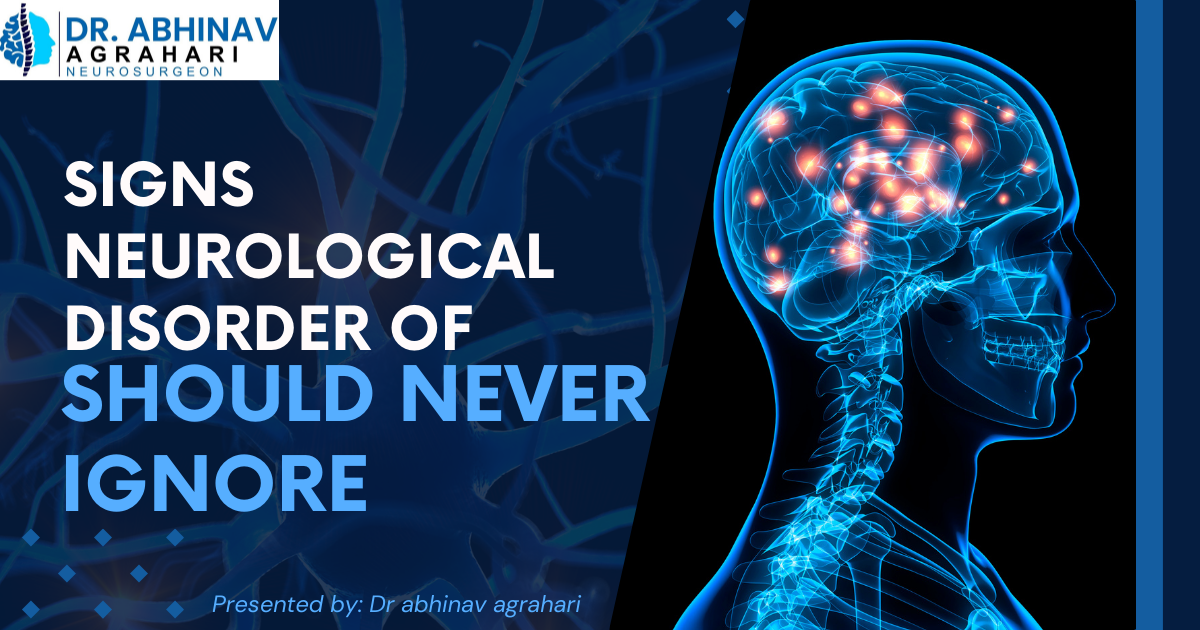Signs of a Neurological Disorder You Should Never Ignore

Introduction
The nervous system controls everything in the body, from movement to thinking. When something goes wrong, early detection is crucial. Ignoring symptoms can lead to severe health complications. Best Brain Doctor In Okhla. This guide outlines key warning signs of neurological disorders and when to seek medical attention.
Understanding Neurological Disorders
Neurological disorders affect the brain, spinal cord, and nerves. Conditions such as Alzheimer’s, Parkinson’s, multiple sclerosis, and stroke are common examples. These disorders can develop gradually or appear suddenly, making it essential to recognize early symptoms.
Common Signs of Neurological Disorders
Persistent Headaches
Frequent, intense headaches that do not respond to medication may indicate a neurological condition. Migraines, cluster headaches, or increased pressure in the brain could be the cause. Best Brain Doctor In Okhla If headaches are accompanied by nausea, dizziness, or vision problems, consult a doctor.
Memory Loss and Cognitive Decline
Forgetting occasional details is normal, but severe memory loss or confusion may be a sign of dementia, Alzheimer’s, or other cognitive disorders. Best Brain Doctor In Okhla . Difficulty concentrating, solving problems, or recalling events should not be ignored.
Muscle Weakness and Coordination Issues
Unexplained muscle weakness, tremors, or difficulty walking may indicate neurological disorders like multiple sclerosis, Parkinson’s disease, or stroke. Loss of balance and frequent falls are also red flags.
Chronic Numbness or Tingling
Tingling or numbness in the arms, legs, or face could result from nerve damage. Conditions like multiple sclerosis, diabetic neuropathy, or a pinched nerve may be responsible. Best Brain Doctor In Okhla .If the numbness persists or spreads, seek medical advice.
Unexplained Seizures
Seizures are a major warning sign of a neurological issue. They can range from mild twitching to full-body convulsions. Epilepsy, brain tumors, or infections may be underlying causes. A medical evaluation is necessary for proper diagnosis and treatment.
Speech and Vision Problems
Slurred speech, difficulty finding words, or sudden vision loss can indicate serious conditions such as stroke, multiple sclerosis, or brain injury. Immediate medical attention is crucial.
When to Seek Medical Help
If any of these symptoms persist, worsen, or appear suddenly, it is essential to consult a neurologist. Early intervention can prevent further complications and improve the chances of effective treatment.
Frequently Asked Questions (FAQ)
What are the first signs of a neurological disorder?
Early symptoms include memory loss, muscle weakness, persistent headaches, numbness, and difficulty speaking or seeing clearly.
Can stress cause neurological symptoms?
Yes, prolonged stress can lead to headaches, dizziness, and muscle tension. However, chronic or severe symptoms should be evaluated by a doctor.
How do doctors diagnose neurological disorders?
Neurologists use physical exams, imaging tests (MRI, CT scans), nerve conduction studies, and cognitive assessments to diagnose neurological conditions.
Are neurological disorders curable?
Some disorders, like migraines, can be managed effectively, while others, such as Parkinson’s or Alzheimer’s, require long-term treatment to slow progression.
Conclusion
Recognizing neurological symptoms early is key to preventing serious complications. If you or a loved one experiences persistent headaches, numbness, memory loss, or muscle weakness, consult a neurologist for a thorough evaluation. Early diagnosis and treatment can significantly improve quality of life.
